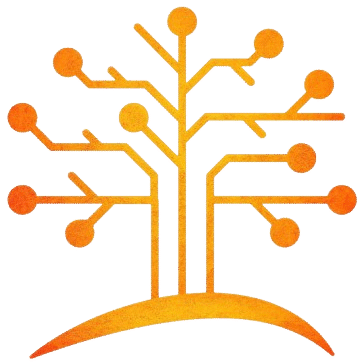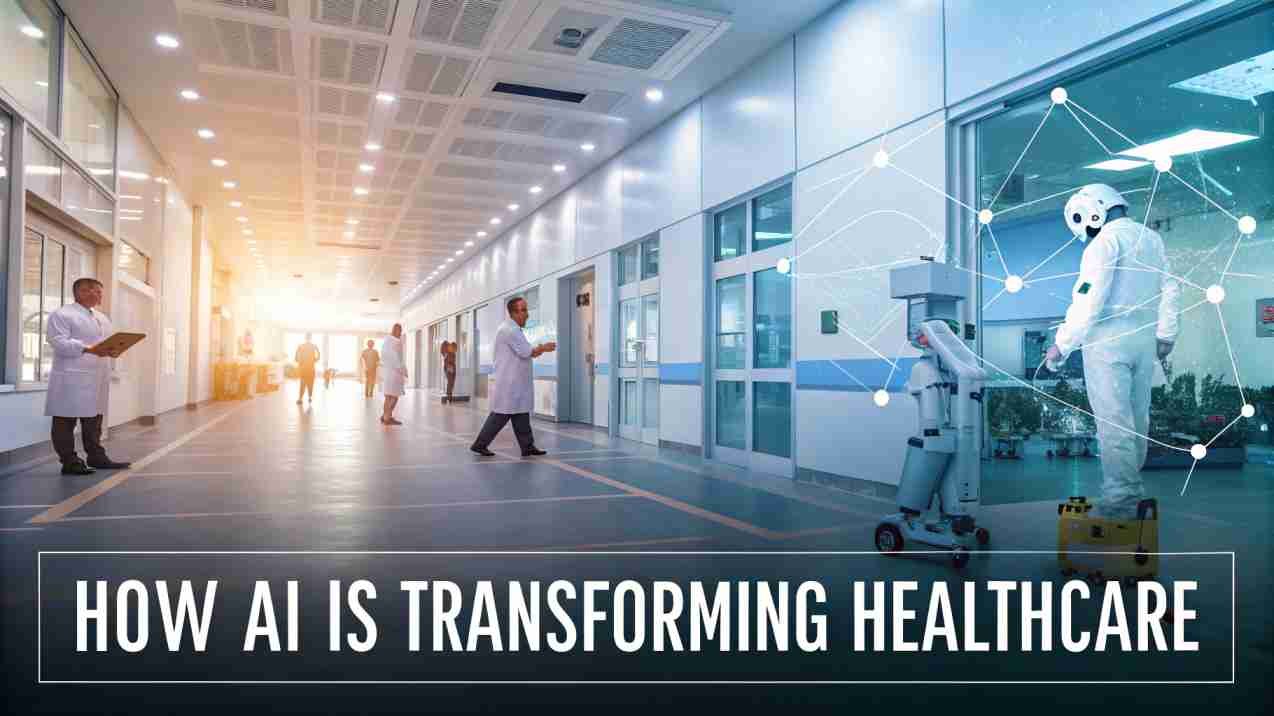How AI Is Transforming Healthcare
Interestingly, AI is reshaping healthcare by providing innovative solutions and novel technologies that can empower nurses and doctors.<|human|>But, interestingly, AI is transforming healthcare by offering beneficial solutions and new technologies that have the potential to empower nurses and doctors.
Technology is transforming all parts of our lives and one of the largest transformations is occurring in the field of healthcare. Due to the development of the concept of Artificial Intelligence (AI), physicians and nurses now have extremely powerful tools which assist them in looking after patients sooner and in a more precise way. AI does not substitute doctors, but it is their intelligent assistant, which will save lives and enhance therapies.
What Is AI in Healthcare?
AI in healthcare implies the use of machines and computers that are able to think and learn on data. Thousands of medical reports, X-rays, and lab results can be analyzed within a few seconds by these systems. They are able to discover patterns that may require a long period of time to be discovered by human beings.
As an example, AI has a capability to examine an X-ray and identify evidence of illness early, in some cases even earlier than a doctor. This assists the patients in receiving prompt treatment that would save lives.
Fewer specialists have to diagnose the cases; moreover, the cases can be diagnosed more quickly.
Previously, physicians were required to read through reports or wait before lab results came. Today, they can be assisted by AI systems that are able to read images, examine blood tests, and even provide possible diagnoses.
AI apps are able to identify early cancer, heart disease or pulmonary difficulties.
Smart applications will monitor your heart, steps, and sleep to identify changes in your health.
Hospitals apply AI chatbots to respond to frequent health-related inquiries and to appointments.
This does not send doctors home but it assists them to make more effective decisions faster.
Personalized Medicine
Each individual is unique and so are his or her bodies. One way that AI assists physicians to create a personalized treatment plan is through the examination of a patient, their medical history, genes, and lifestyle. To illustrate, the treatment of cancer now can be tailored to the needs of a particular patient more precisely, and therefore, it is more effective and less damaging.
AI in Surgery and Hospitals
There are also hospitals operating with the implementation of the so-called robot-assisted surgery, in which AI assists surgeons in performing complex surgeries with unbelievable accuracy. These robots are able to produce smaller incisions, less pain and enable patients to heal faster.
AI is also used to manage the hospital systems – not only to monitor the supplies but also to forecast the patients who may require additional care. This makes hospitals efficient and less congested.
Challenges to Overcome
Even though AI is very strong, it is not flawless. It is based on the information it is trained on. The results may be erroneous, when the data is incomplete or biased. The issue of privacy is also a major concern – the medical data of patients should never be compromised.
The Future of Medicine
AI is assisting physicians in being more efficient, patients more knowledgeable, and hospitals more structured. It is not aimed at replacing human care, but making it stronger and smarter.
It is possible that AI will have a role to play in predicting diseases in the future, before they occur and therefore making the world a place where people can receive healthcare in a much faster, safer and more personal way.

